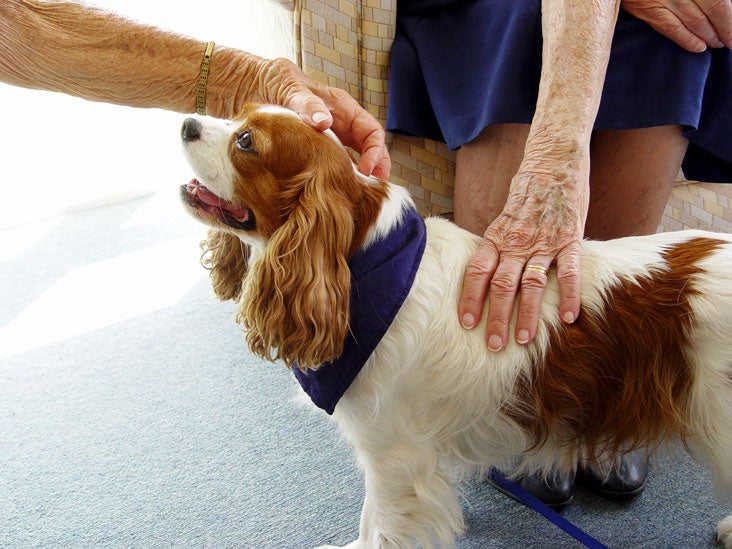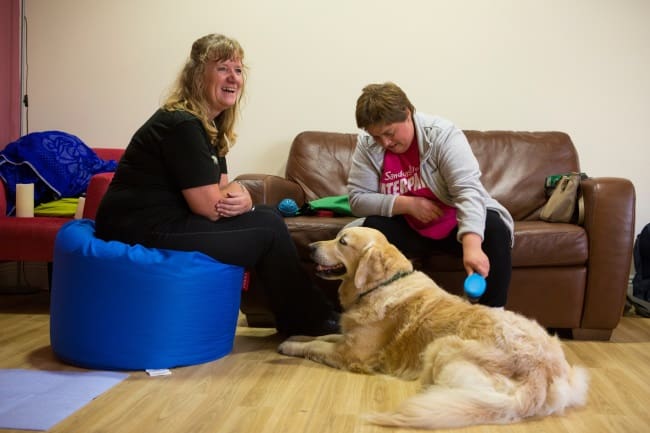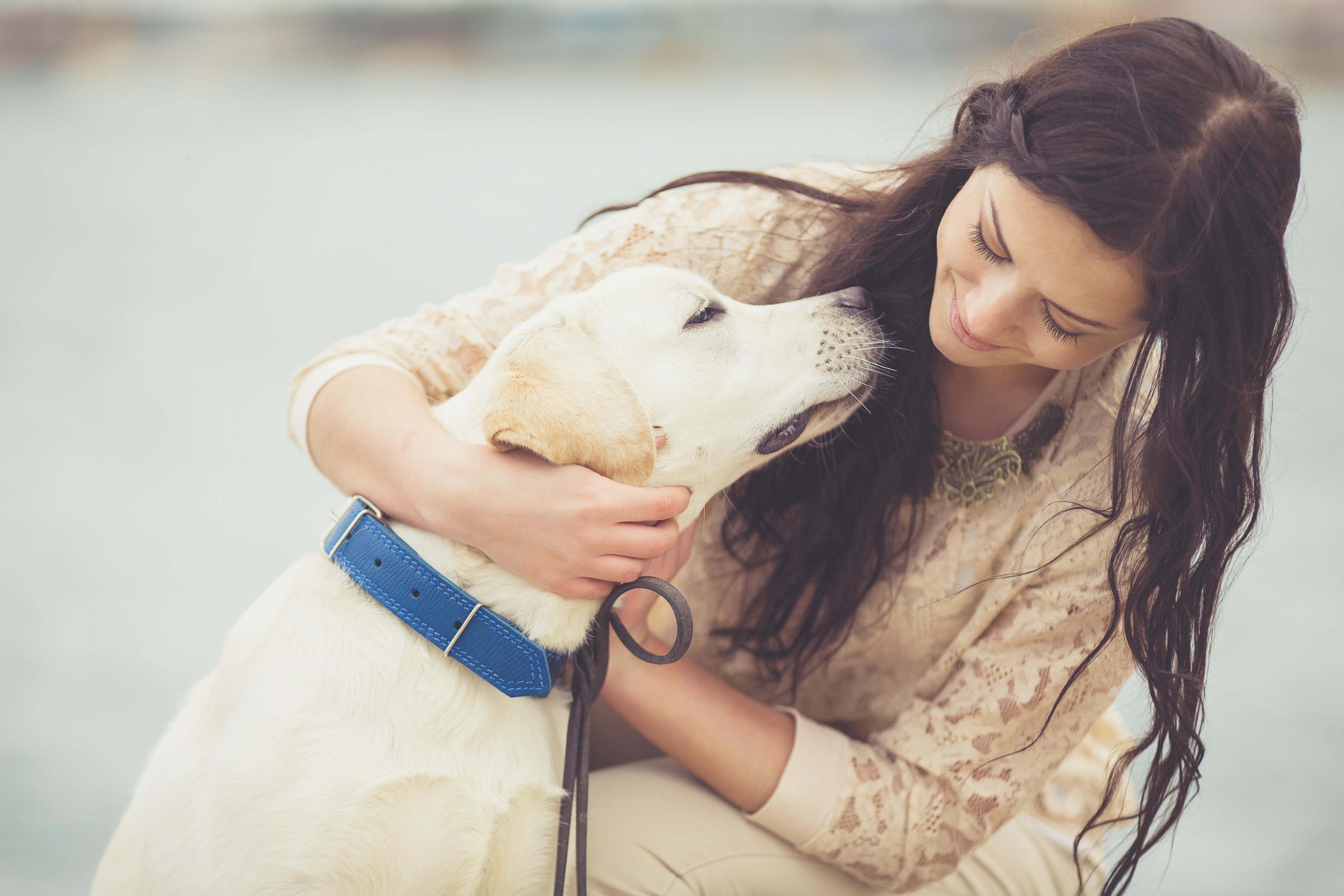Dementia animal therapy information
Home » Trending » Dementia animal therapy informationYour Dementia animal therapy images are available. Dementia animal therapy are a topic that is being searched for and liked by netizens now. You can Find and Download the Dementia animal therapy files here. Download all royalty-free vectors.
If you’re looking for dementia animal therapy pictures information connected with to the dementia animal therapy interest, you have come to the right blog. Our website always gives you suggestions for seeking the highest quality video and picture content, please kindly surf and locate more informative video content and images that fit your interests.
Dementia Animal Therapy. Dementia therapy dogs are excellent at assisting those who are suffering from dementia symptoms and have been shown to alleviate anxiety, aggression, depression, and loneliness. It is thought that animals could help people with dementia by providing companionship and support in daily activities and that this might lead to improvements in physical and mental health, including better mood and fewer problematic behaviours. The relative benefits of resident versus visiting pet dogs are unclear and are confounded by the positive effect of pet interaction on staff or caregivers. Therapy dogs and other animals can stimulate social interaction and ease agitation in dementia patients.
 Come funziona da oggi la pet therapy in Piemonte LifeGate From lifegate.it
Come funziona da oggi la pet therapy in Piemonte LifeGate From lifegate.it
Dementia patients had a better appetite and ate more after a dog visited. Their mean age was 84.8 years ± 7.0; This fantastic technique uses animals to interact with seniors to help improve their quality of life and bring some happiness into their days. But it takes specially trained. These animals include dogs, cats, rabbits and guinea pigs, among others. Given the methodological weaknesses in the review and in the available evidence, the reliability of the authors� conclusions is unclear.
Studies show that just fifteen minutes spent bonding and interacting with an animal promotes positive hormonal changes within the brain.
Animal ‐ assisted therapy (aat) is one of the types of treatment that has been studied. It’s beneficial for patients to be able to groom an animal, throw a ball or go on a walk. Animal assisted therapy has been shown to benefit people with dementia by helping them maintain functional fitness and encouraging abilities in three broad areas: The dog will gently encourage the dementia patient. With new advancements being made every year, researchers are finding that pets can have many positive effects on those suffering from dementia as well. The subjects were eight patients admitted in a local nursing home.
 Source: medicaldaily.com
Source: medicaldaily.com
Animal assisted therapy is a treatment where animals are used as a main part of the treatment. With new advancements being made every year, researchers are finding that pets can have many positive effects on those suffering from dementia as well. It’s beneficial for patients to be able to groom an animal, throw a ball or go on a walk. It is also called “pet therapy”. The subjects were eight patients admitted in a local nursing home.
 Source: pinterest.com
Source: pinterest.com
Senior living communities have long recognized the benefits of pet therapy, or animal assisted therapy, and have incorporated this unique form of therapy into their regular programming. Dementia represents a mental and economic burden for both patients and their caregivers. There is specific training for facilitating interaction between the dog and the person living with dementia. Dementia therapy dogs are excellent at assisting those who are suffering from dementia symptoms and have been shown to alleviate anxiety, aggression, depression, and loneliness. (2003) was used to identify papers published between 1996 and 2001.
 Source: healthline.com
Source: healthline.com
The subjects were eight patients admitted in a local nursing home. How pet therapy is beneficial for seniors with dementia. Pet therapy has been used for seniors in care facilities for many years. Animal assisted therapy has been shown to benefit people with dementia by helping them maintain functional fitness and encouraging abilities in three broad areas: Four were dementia of alzheimer’s type patients, and the others were vascular dementia patients.
 Source: dogsforgood.org
Source: dogsforgood.org
These animals include dogs, cats, rabbits and guinea pigs, among others. One reason is because of the emphasis on making facilities such as nursing homes and assisted living centers more homelike. A common treatment for memory loss is called animal assisted therapy (aat) or animal assisted intervention (aai). Generally, there are two ways in which persons with dementia can engage in this alternative therapy. Animal assisted activities/interventions showed a strong positive effect on social behaviors, physical activity, and dietary intake in dementia patients and a positive effect on agitation/aggression and quality of life.
 Source: slideshare.net
Source: slideshare.net
Current literature suggests that aat may ameliorate bpsd, but the duration of the beneficial effect has not been explored. But it takes specially trained. These animals include dogs, cats, rabbits and guinea pigs, among others. The relative benefits of resident versus visiting pet dogs are unclear and are confounded by the positive effect of pet interaction on staff or caregivers. Senior living communities have long recognized the benefits of pet therapy, or animal assisted therapy, and have incorporated this unique form of therapy into their regular programming.
 Source: lifegate.it
Source: lifegate.it
Therefore, the aim of this study is to explore the effectiveness of animal assisted therapy (aat) with special focus on canis therapy among people with dementia, specifically alzheimer’s disease. It is thought that animals could help people with dementia by providing companionship and support in daily activities and that this might lead to improvements in physical and mental health, including better mood and fewer problematic behaviours. Given the methodological weaknesses in the review and in the available evidence, the reliability of the authors� conclusions is unclear. With new advancements being made every year, researchers are finding that pets can have many positive effects on those suffering from dementia as well. The presence of a dog reduced agitation in dementia patients.
 Source: businessinsider.com
Source: businessinsider.com
Dementia represents a mental and economic burden for both patients and their caregivers. Handlers are trained to sit at eye level to facilitate conversations. Senior living communities have long recognized the benefits of pet therapy, or animal assisted therapy, and have incorporated this unique form of therapy into their regular programming. Owner/handlers are trained on how to position the dog, so it is comfortable and the person with dementia can pet the dog appropriately. Current literature suggests that aat may ameliorate bpsd, but the duration of the beneficial effect has not been explored.
 Source: ifred.org
Source: ifred.org
(2003) was used to identify papers published between 1996 and 2001. There is specific training for facilitating interaction between the dog and the person living with dementia. The relative benefits of resident versus visiting pet dogs are unclear and are confounded by the positive effect of pet interaction on staff or caregivers. Lowers stress, decreases depression, reduces agitation, increases focus and attention to a task. The effects of animal assisted therapy on patients with dementia were investigated through the use of mental state batteries.
 Source: medicalxpress.com
Source: medicalxpress.com
The relative benefits of resident versus visiting pet dogs are unclear and are confounded by the positive effect of pet interaction on staff or caregivers. The relative benefits of resident versus visiting pet dogs are unclear and are confounded by the positive effect of pet interaction on staff or caregivers. It is also called “pet therapy”. Generally, there are two ways in which persons with dementia can engage in this alternative therapy. The effects of animal assisted therapy on patients with dementia were investigated through the use of mental state batteries.
This site is an open community for users to do submittion their favorite wallpapers on the internet, all images or pictures in this website are for personal wallpaper use only, it is stricly prohibited to use this wallpaper for commercial purposes, if you are the author and find this image is shared without your permission, please kindly raise a DMCA report to Us.
If you find this site good, please support us by sharing this posts to your own social media accounts like Facebook, Instagram and so on or you can also bookmark this blog page with the title dementia animal therapy by using Ctrl + D for devices a laptop with a Windows operating system or Command + D for laptops with an Apple operating system. If you use a smartphone, you can also use the drawer menu of the browser you are using. Whether it’s a Windows, Mac, iOS or Android operating system, you will still be able to bookmark this website.
Category
Related By Category
- Dyson hoover v6 animal information
- Creative names for stuffed animals information
- Cute anime dog information
- Author of my family and other animals information
- Best free anime app information
- Anime laptop backgrounds information
- Anime forest background information
- Bleach blood war arc anime information
- Cheltenham animal shelter information
- Anime mugen games download information